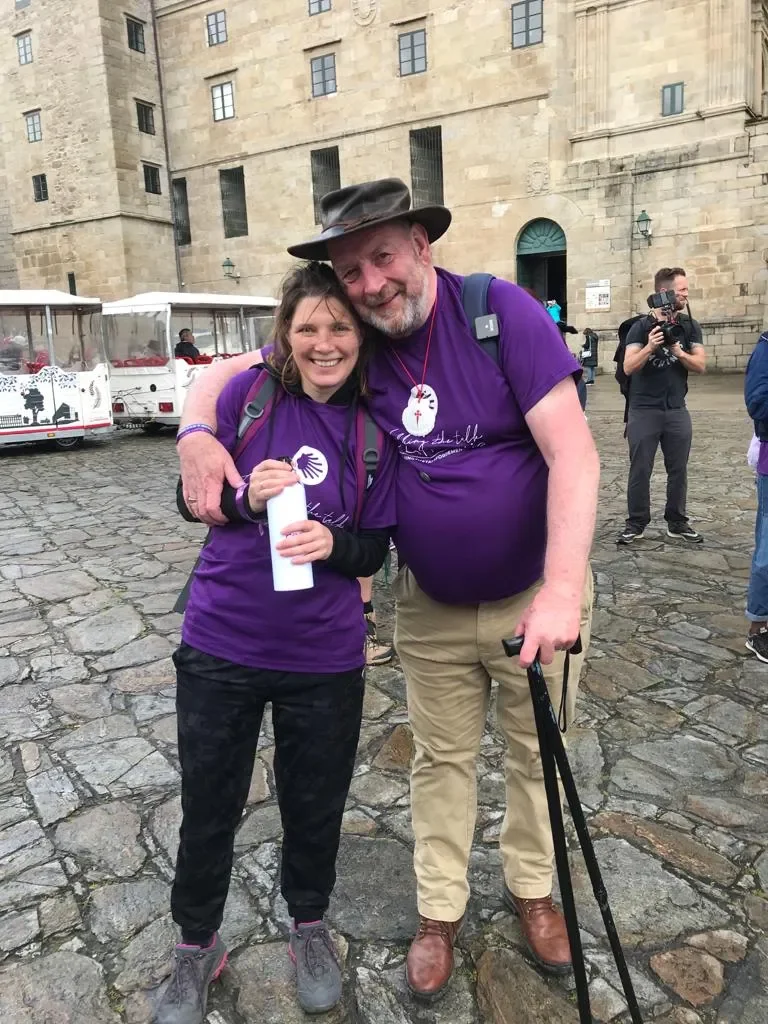

Walking the Talk for Dementia
The ‘Walking the Talk for Dementia’ event took place from 1-6 May in Santiago de Compostela and involved 70 people, including researchers, healthcare professionals and people with dementia from 30 different countries across the Americas, Europe, Africa, Asia and Oceania.
“It was the most intense experience that has left a very deep mark on me,” said Professor Irving. “Twenty-eight years of nursing people with dementia did not prepare me for the global stories of people in Namibia burnt as witches through a lack of understanding of dementia.”
The immersive experience of walking made for a vulnerability which was a great leveller, said Prof Irving, and we all recognised the value of each of us in addressing the issues that face us in the battle for brain health and the care of people with dementia diseases.
Prof Irving was invited to participate in the walk because of her contribution to the dementia field through The Atlantic Philanthropies and the HSE funded Dementia Skills Elevator Programme.
“On the final day in Santiago de Compostela we were greeted by over 200 people with dementia, carers from all over Spain who came to walk the final leg in solidarity as we entered the city,” said Prof Irving.
The week culminated in a Walking the Talk for Dementia Symposium addressing health disparities. The speakers from The Women’s Brain Project Alzheimer’s Disease International spoke of the role of creativity, living with dementia, dementia awareness, care partnerships, diagnosis, dementia across cultures and dementia policy.
“We all left with a global mandate to tackle dementia, learn from other cultures and redouble our efforts against stigma and the impact of poor care and understanding on the lives of people with dementia,” said Prof Irving.
